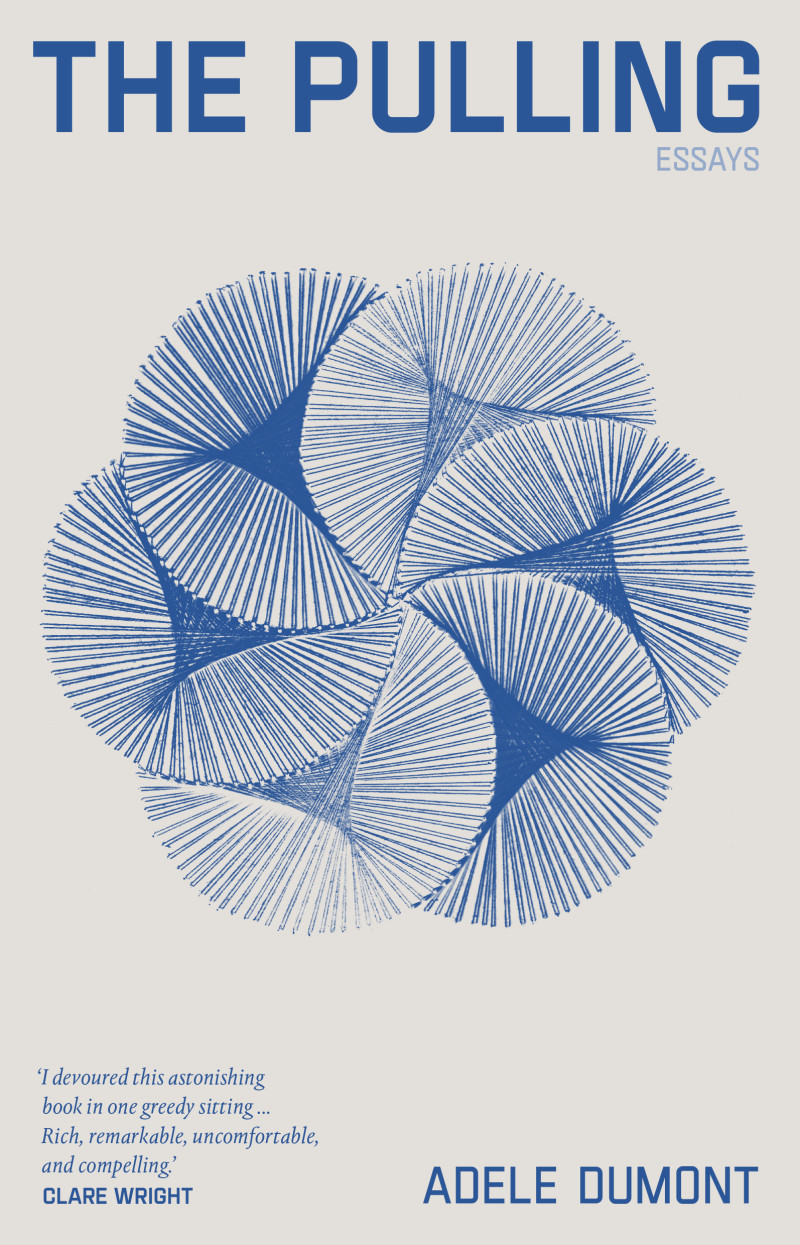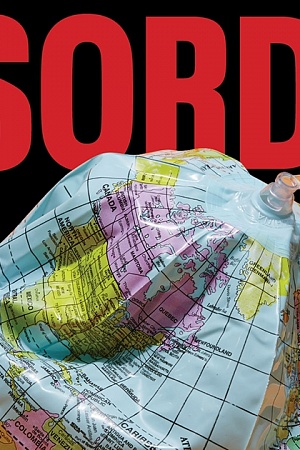The Pulling: Essays
Scribe, $29.99 pb, 276 pp
Trichotillomania
‘In the year of my birth, trichotillomania did not exist,’ writes Adele Dumont. Hair-pulling has been depicted in human culture for millennia: in Greek myth, in the Bible, in painting and sculpture, and, most commonly, in vernacular expression (‘I’m tearing my hair out’). But hair-pulling as a compulsive, recurring behaviour – trichotillomania – was only named in the Diagnostic and Statistical Manual of Mental Disorders (DSM) in 1987. Formal psychiatric diagnosis has become the dominant means by which we understand emotional distress, but this has happened very recently, and diagnosis can leave the sufferer, as Dumont writes, feeling ‘categorised’ and struggling to articulate those aspects of their illness that may seem, in spite of everything, like comfort.
Dumont has suffered from trichotillomania since adolescence, and The Pulling is her exploration of both the condition and her own experience. This is billed as a book of essays, though it is really a memoir in chapters, beginning with reminiscences of an itinerant, unorthodox early childhood and proceeding through to the present, where the author remains perplexed, and preoccupied, by her ongoing illness. The early chapters are by far the most vivid and varied; as the book goes on its repetitions come to mirror the narrowing effects of Dumont’s condition, and the ways in which it confines her to a set of careful, and brittle, routines.
Dumont’s parents worked as fruit pickers, ‘moving from farm to farm according to the seasons’ before settling on the semi-rural fringes of Sydney’s west in order to give Dumont and her younger sister a steady education. Her father, born in the Alsace region of France, is phlegmatic, bookish, self-educated; Dumont observes that he ‘belongs to an age’ where mental illness – alcoholism, for instance – was understood to be a personality trait. It is perhaps for this reason that Papa, as Dumont calls him, remains unflappable in the face of Mama’s more volatile temperament, her ‘unrelenting tears, and yelling that would last hours into the night’.
By Dumont’s own admission, her parents, and their strict anti-materialist values, still shape her engagement with the world. She clearly loves and admires them, and her confession late in the book of ‘deep shame … that my life feels so much easier’ will ring true for any reader whose opportunities have been greater than their caregivers’ were. But the trouble at the heart of this family escapes the author’s knowing, just as the reasons for her illness do; Dumont never asks her mother what has tormented her all these years. Few of us would ask, to be fair: confronting a parent with their own frailties is a thing most children, including adult children, find frightening, for to be reminded of a parent’s weaknesses is also to remember their mortality. If that parent is already frightening, the task may seem impossible.
In the absence, then, of explanations, Dumont repeatedly turns to description of the mechanics and rituals that characterise her hair-pulling, the self-imposed rules that she sets (and then breaks) when attempting to stop, and the lengths she has gone to, over decades, to conceal her illness from nearly everyone. I’m not sure these repetitions – of scene, of subject – are entirely intentional: they never quite rise to the level of an explicit design. The back and forth feels more like a writer in search of an ultimate expression of purpose, one that keeps eluding her precisely because, as Dumont writes, at the heart of her illness and its trance-like episodes ‘remains something unknowable; a thing sublime’.
The idea of sublimity – Dumont also refers to it as ‘magic’ – hints at a more expansive, more ancient understanding of mental illness, or what we once may have called ‘madness’, than our current times generally allow for. Dumont does not glorify her illness, but nor does she seek to reduce it to a set of symptoms, or to a chemical imbalance in the brain. The Pulling is mercifully free of the jargon of neuroscience, and Dumont’s insistence on non-medical phenomena as a part of her experience is the book’s most original aspect.
In light of this, I find it strange that Dumont so often second-guesses her reader, as if, despite her own multifaceted conception of illness, she can only conceive of one type of reaction. ‘Before I go on,’ she warns early, ‘let me say that the chapters that follow this one may be hard for you to bear.’ But why would that be so? Dumont’s subject may be difficult, but there is nothing that makes her presentation of it difficult, let alone unbearable. Her prose is sober and diligent, possibly too diligent: there were moments when I longed for an outburst of bad taste or impetuosity, of humour of any sort. The impulse to get ahead of the reader’s presumed disgust or bewilderment, and to deflect it, seems to rest on the assumption that bewilderment, disgust, or shock are provoked by one’s subject and not by one’s style. All I can say is that I have read more shocking things about far more trivial subjects, and I don’t need to be coddled.
Repeated deference to the ‘you’ is then confused, towards the end of the book, when the ‘you’ changes shape: ‘To be able to write any of this I had to pretend that you – you, my mother – would never set eyes on it.’ After 260 pages, are we now to assume that the reader Dumont is so anxious not to upset has been her mother all along? This would make emotional sense, though on a technical level it would leave things in a muddle, with Mama at once a third-person figure and the subject of a direct, second-person address. But I think there are two ‘you’s’ here: the parent whom Dumont has never been able to appease, and the reader in whom she seeks companionship. The split is interesting, and one of many that Dumont has documented in this book.
















Leave a comment
If you are an ABR subscriber, you will need to sign in to post a comment.
If you have forgotten your sign in details, or if you receive an error message when trying to submit your comment, please email your comment (and the name of the article to which it relates) to ABR Comments. We will review your comment and, subject to approval, we will post it under your name.
Please note that all comments must be approved by ABR and comply with our Terms & Conditions.